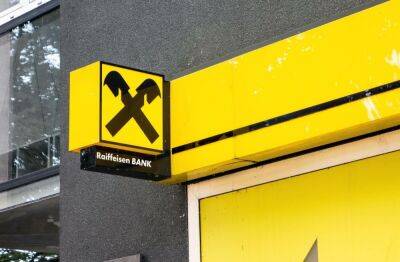Mineflation: Cost to mine one Bitcoin in the US rises from $5K to $17K in 2023
It now costs Bitcoin (BTC) miners at least $17,000 to produce one BTC in the U.S. versus the $5,000-10,000 range a year ago, according to Bitcoin mining data resource Hashrate Index and Luxor.
Unsurprisingly, soaring electricity rates across the U.S. states have contributed to rising Bitcoin mining costs.
Notably, between January 2022 and January 2023, the commercial electricity tariff surged at an average of 10.71% per U.S. state, higher than the average consumer price index surge of 6.4%.
Coupled with Bitcoin's downward performance in 2022, which saw a maximum drawdown from around $48,000 to below $15,000, it is evident that active miners generated consistent losses due to the increase in operational costs and lower returns.
But this changed in Q1 of this year as the miners' hashprice, or the USD price per tera-hash per second per day (TH/s/d), rose 31% thanks to Bitcoin's price recovery toward $30,000.
"Bleak as the new year looked at the outset, the lowest day for hashprice on a USD basis in Q1 was January 1," noted researchers at Hashrate Index, adding:
New Mexico emerged as the cheapest and, in turn, more profitable state for Bitcoin miners in Q1 at $16,850 to mint one BTC. On the other hand, Hawaii was the most expensive at around $114,590.
Regionally, the south and the midwestern US states are the most attractive for miners in terms of electricity.
More recently, some U.S. states, including Arkansas, Montana, Missouri, Mississippi, and others, have take concrete steps to protect crypto miners from excessive taxes and regulations. On the other hand, Texas has amended its utilities and tax codes, bolstering restrictions for crypto mining companies.
Furthermore, the researchers anticipate the Bitcoin mining margins to grow
Read more on cointelegraph.com















